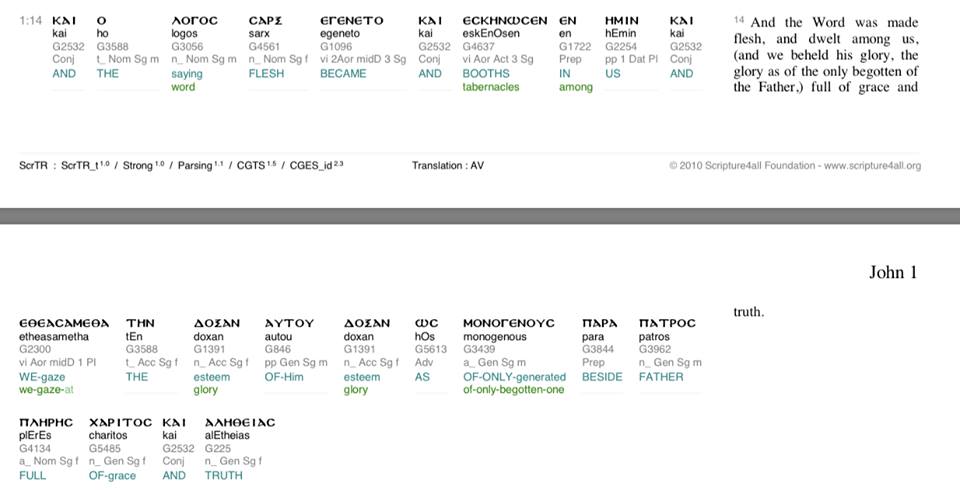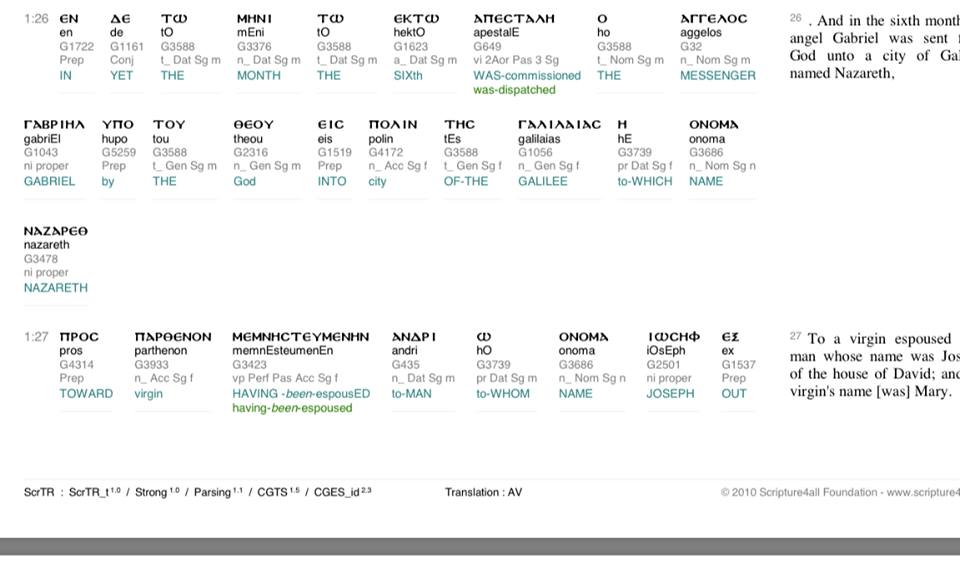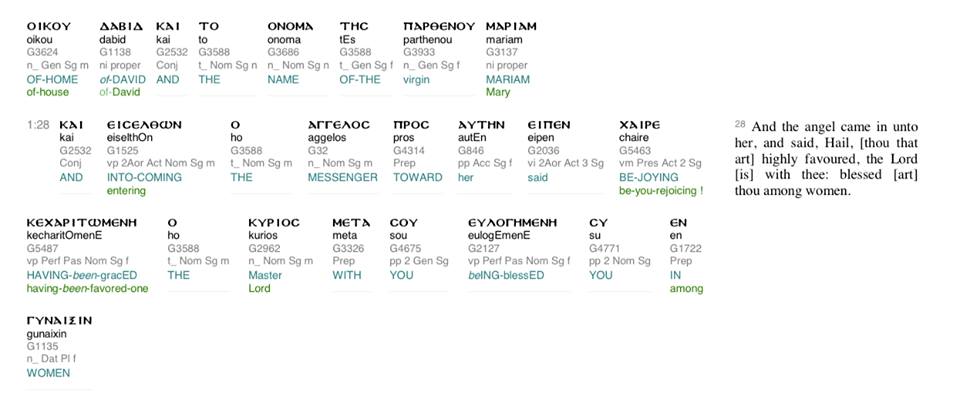- Jun 22, 2011
- 73
- 73
- 65
- Country
- United States
- Faith
- Non-Denom
- Marital Status
- Married
- Politics
- US-Others
What are the thoughts of others on the passage Isaiah 7:14? I am curious as to the term Almah (e·olme) used in the original Hebrew. It would appear to me at this time that the passage does not mention virgin but maiden or young woman. The trouble with relying on others translation or even direct word for word is that we are dependent on their understanding and interpretations.
The OT texts were mainly written in Biblical Hebrew, with some portions (notably in Daniel and Ezra) in Biblical Aramaic. And the NT is in Greek.
In about 300 BCE the OT was translated from Hebrew to Greek (septuagint) because most people could no longer read or speak Hebrew. Greek was the main language until after the time of Jesus.
When the OT was translated to Greek the word Almah was translated as parthenos. I would believe that the leaders of the time of translation accepted the translation or would have insisted on it being changed.
http://www.scripture4all.org/OnlineInterlinear/OTpdf/isa7.pdf
In the link above we ahve Hebrew text with hopefully direct english translation.
Notice הַעְלָמה e·olme which I have found to translate to Almah. The english below the Hebrew never mentions virgin until you look to the right column where the verse is translated to common english.
Hebrew Almah translates maiden, maid, young woman some add virgin but is that just the greek influence?
Hebrew betulah translates to virgin which appears 50 times in the bible but not in Isaiah 7:14
Greek parthenos translates virgin
The new testament written in Greek uses parthenos which is combination of Almah and betulah I have found.
The OT texts were mainly written in Biblical Hebrew, with some portions (notably in Daniel and Ezra) in Biblical Aramaic. And the NT is in Greek.
In about 300 BCE the OT was translated from Hebrew to Greek (septuagint) because most people could no longer read or speak Hebrew. Greek was the main language until after the time of Jesus.
When the OT was translated to Greek the word Almah was translated as parthenos. I would believe that the leaders of the time of translation accepted the translation or would have insisted on it being changed.
http://www.scripture4all.org/OnlineInterlinear/OTpdf/isa7.pdf
In the link above we ahve Hebrew text with hopefully direct english translation.
Notice הַעְלָמה e·olme which I have found to translate to Almah. The english below the Hebrew never mentions virgin until you look to the right column where the verse is translated to common english.
Hebrew Almah translates maiden, maid, young woman some add virgin but is that just the greek influence?
Hebrew betulah translates to virgin which appears 50 times in the bible but not in Isaiah 7:14
Greek parthenos translates virgin
The new testament written in Greek uses parthenos which is combination of Almah and betulah I have found.



